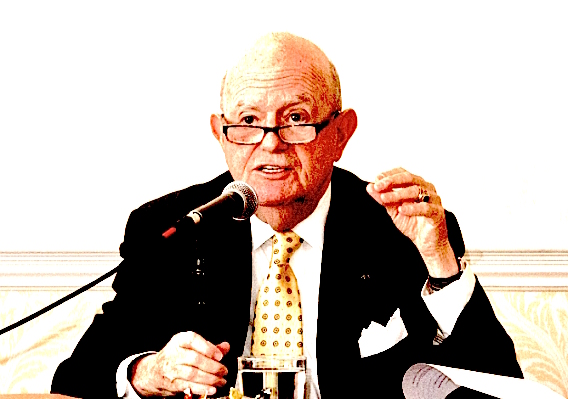Shelby County can't collect $2 million in legal fees for its successful fight two years ago to get a portion of the Voting Rights Act of 1965 voided, a federal appeals court in Washington D.C. ruled Tuesday.
Shelby County had sought reimbursement of legal fees after it won the lawsuit.
A U.S. District Court Judge, however, had found that Shelby County was not entitled to receive fees because its victory did not advance any of the goals Congress meant to promote by making fees available, according to today's ruling by the U.S. Court of Appeals for Washington D.C. "We agree," the three-member panel of the court stated.
The U.S. Supreme Court on June 25, 2013, in a 5-4 decision, struck down part of the Voting Rights Act of 1965 as the result of a lawsuit filed by Shelby County. The court ruled that the formula that required states with racially discriminatory histories, including Alabama, no longer had to seek approval from the U.S. Department of Justice for any changes to voting laws as unconstitutional.
"A party can only receive fees if it also shows that it is entitled to them, meaning that its victory in court helped advance the rationales that led Congress to create fee-shifting provisions in the first place," the appeals court ruled today.
The three circuit judges, Thomas B. Griffith, Laurence H. Silberman and David S. Tatel, issued separate concurring opinions.
Judge Silberman stated that Shelby County, a predominantly white county, might have had a chance at recovering legal fees had it filed its original lawsuit challenging the Voting Rights Act a different way.
"Actually, the original case could have been framed as one protecting the rights of individual voters in governed jurisdictions not to be discriminated against under the Fourteenth and Fifteenth Amendments," Silberman wrote. "After all, the Section 5 procedure did limit the ability of voters to expeditiously change various voting practices and insofar as the formula for inclusion of covered jurisdictions was arbitrary, it was discriminatory."
"Nevertheless, I concur in the judgment in this case because I agree with Judge Tatel that the original suit was not brought on behalf of the individual voting rights of the citizens of Shelby County," Silberman wrote.

No comments:
Post a Comment